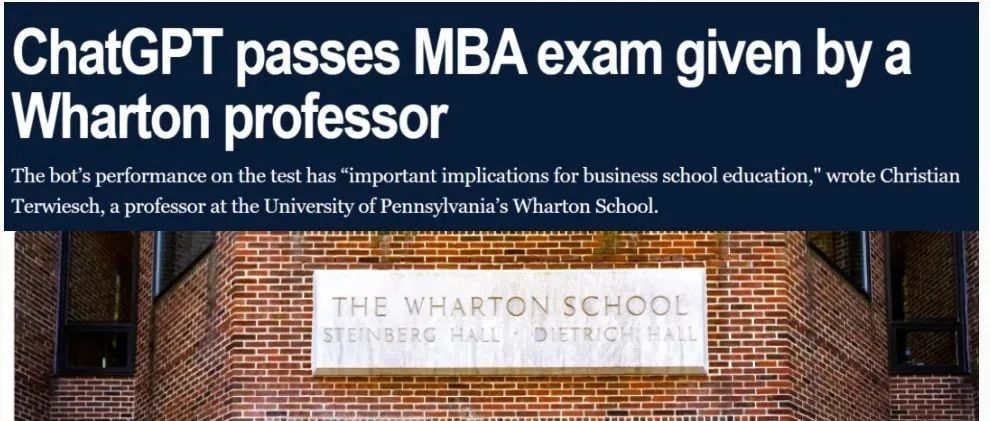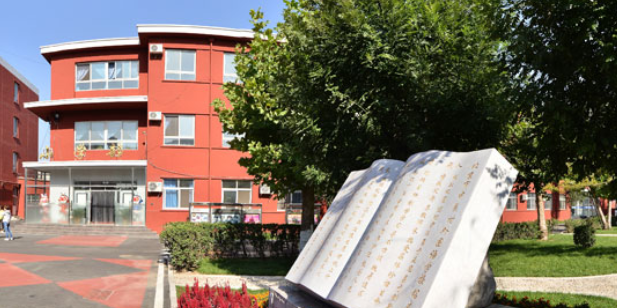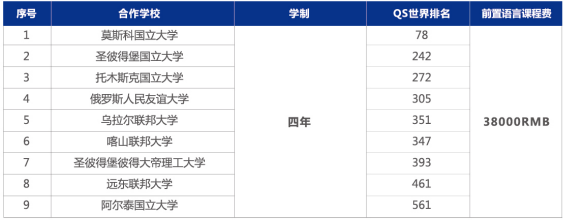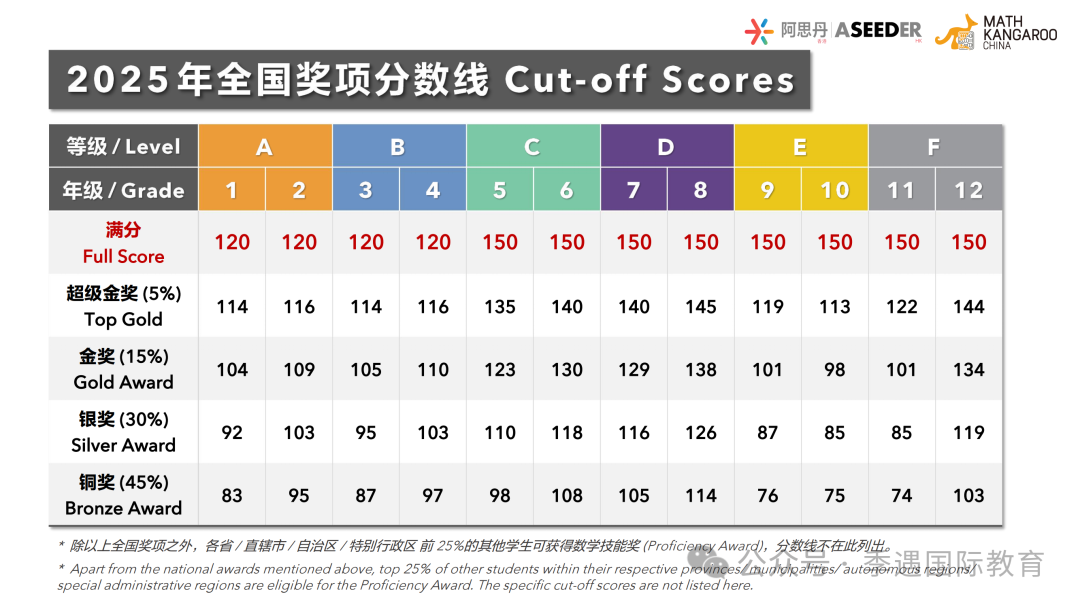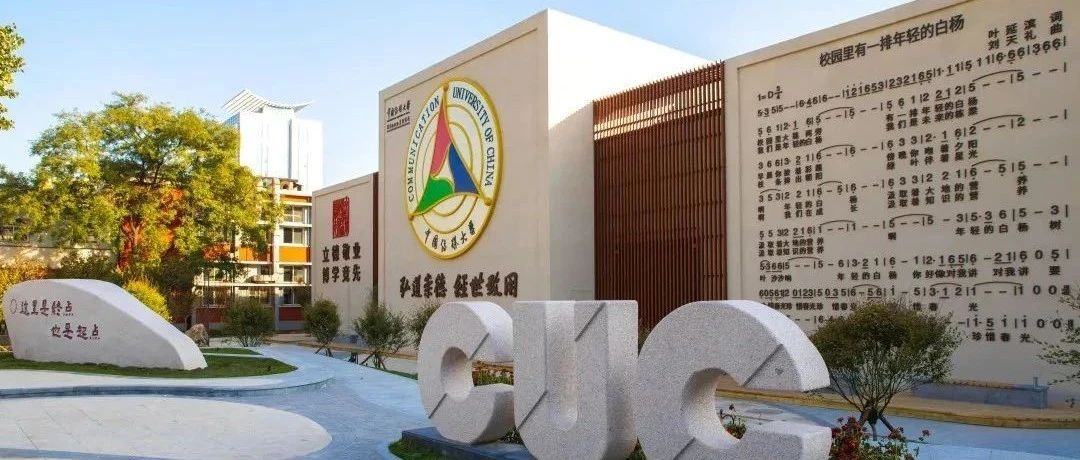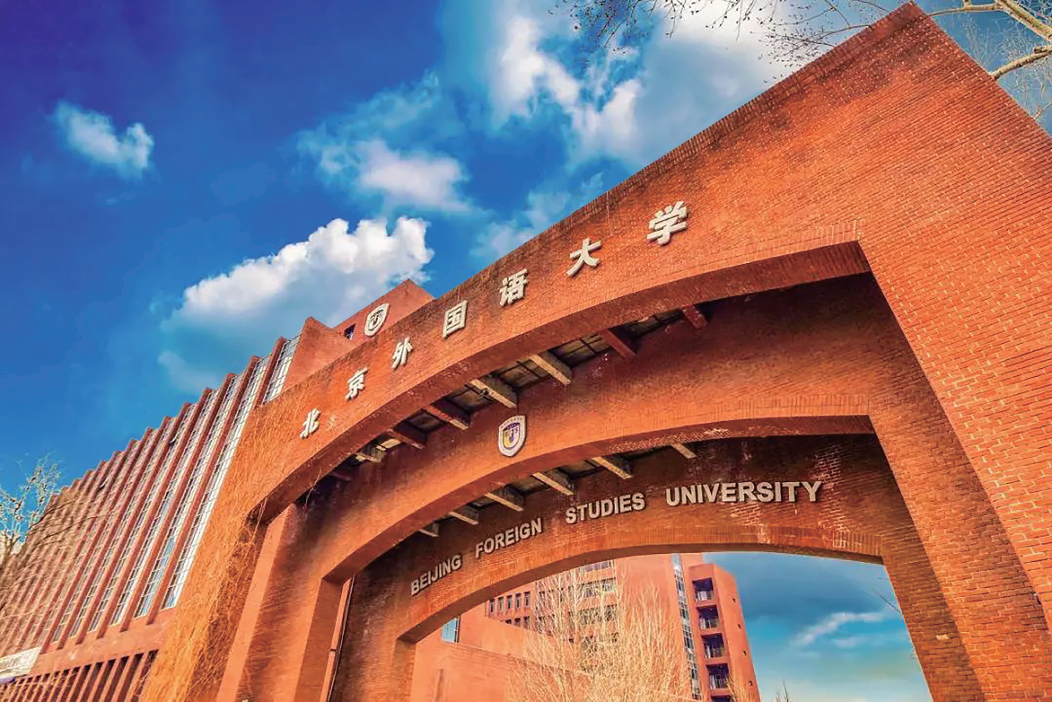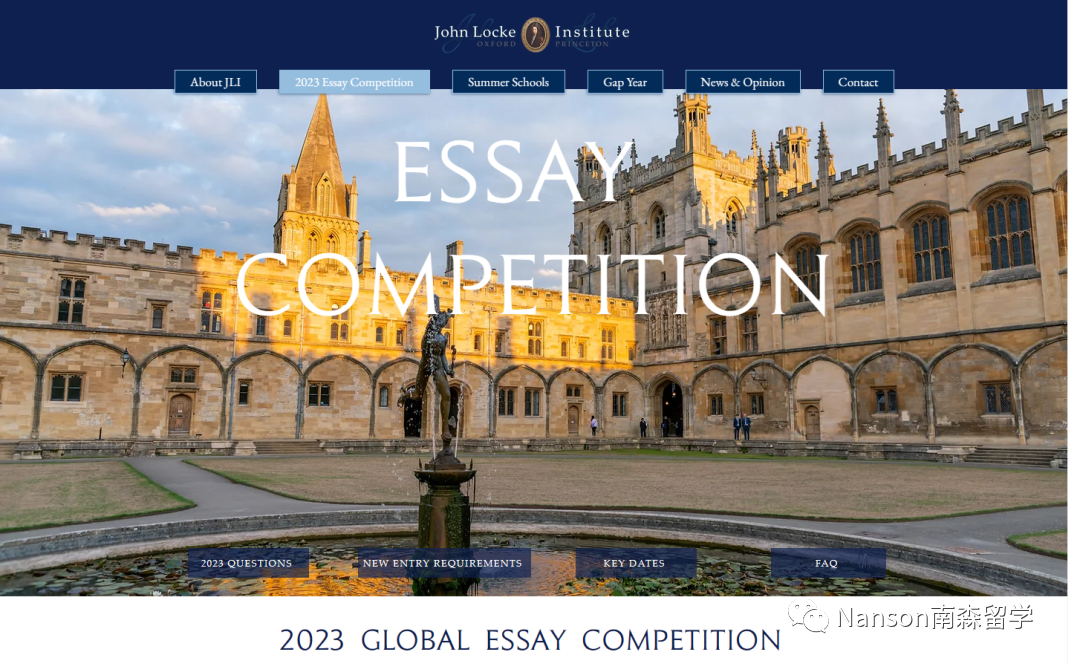
2023 John Locke论文竞赛题目公布!
项目背景
John Locke Institute是位于英国牛津的独立教育组织,与英国牛津大学和美国普林斯顿大学等名校教授合作组织学术项目;
John Locke Institute致力于培养出能独立思考,知识渊博,推理清晰和有说服力的小作家,鼓励大家在写作中能够独立思考、有知识深度、有清晰推理、有批判性分析和说服力。
John Locke Essay Competition所有的论文奖都是由牛津大学的资深学者进行评审。比赛邀请学生在学校课程的限制之外,探索广泛具有挑战性和趣味性的问题;
竞赛分7个主题方向与低年级组:经济、心理、政治、法律、神学、历史、哲学,竞赛邀请学员通过论文写作,探讨各种有趣的问题,表达观点,丰富视野,拓展知识边界。
项目收获
掌握英文论文写作的核心技巧,提升未来学业中的学术写作能力;
积累相关学科领域的基本知识结构,完善论证技巧,同时也让学生有机会让专家对他们的作品进行评估。评委们将从每个学科类别中选出他们最喜欢的论文,并在七个学科(哲学、政治、经济、历史、心理学、神学和法律。)中选出 "最佳论文"。
英美名校青睐的文科竞赛,在比赛中获得荣誉可以大幅提升美国和英国大学本科申请竞争力。往年参与学生录取成绩包括普林斯顿、哈佛、耶鲁、斯坦福、芝加哥、伯克利、牛津、剑桥等世界名校。
适合人群
来自任何国家和任何学校的学生均可参赛;
适合申请或对经济、历史、政治、哲学、神学、法律、心理学等感兴趣的学生。
涉及学科
经济、历史、政治、哲学、神学、法律、心理学七大学科领域共26个可选题目。
参赛时间
注册时间:3月15 - 5月31日 , 2023年
论文提交截止日:6月30日,2023年
注:未在规定时间内完成注册的学生将无法提交论文!
奖项设置及评奖
7月31日时组委将公布Shortlist名单,进入Shortlist名单的学生将被邀请至牛津大学参加学术峰会和颁奖晚宴。
最终奖项设置如下:
Grand Prize (终极奖)
各类学科下分设:Winner、Second Prize、Third Prize
同时也会有候选人进入High Commendations名单;
参赛规则
Each essay must address only one of the questions in your chosen subject category, and must not exceed 2000 words (not counting diagrams, tables of data, footnotes, bibliography or authorship declaration).
每篇论文只能针对你所选择的主题类别中的一个问题,且不得超过2000字(不包括图表、数据表格、脚注、书目或作者声明)。
The filename of your pdf must be in this format: FirstName-LastName-Category-QuestionNumber.pdf; so, for instance, Alexander Popham would submit his answer to question 2 in the Psychology category with the following file name:
Alexander-Popham-Psychology-2.pdf
Essays with filenames which are not in this format will be rejected.
提交的PDF文件名必须按照组委要求填写(若不按规定填写的将被直接视为提交失败)。文件名需填写成【名-姓-学科-题目号.pdf】,例如:
Alexander-Popham-Psychology-2.pdf
下面跟着小编一起看看今年又有哪些好玩的题目吧!
哲学
Q1. A team of scientists wants to discover how many genders there are. How should they proceed? 有一组科学家想要研究有多少社会性别。他们应该如何进行?
Q2. In what sense are you the same person today that you were when you were ten? 从哪种意义上来说,今天的你和十岁的你是同一个人?
Q3. Is tax theft? 税收是盗窃吗?
政治
Q1. Do the results of elections express the will of the people? 选举结果是否表达了人民的意愿?
Q2. If China becomes the leading superpower, what would that mean for the people who live there? What would it mean for everyone else? 如果中国成为领先的超级大国,这对生活在那里的人们意味着什么?这对其他人意味着什么?
Q3. What might account for the different levels of political corruption in your own country and your country's nearest neighbour? 导致你所在的国家和你所在国最近的邻国的政治腐败程度有所不同的可能原因是什么?
经济
Q1. A government funds its own expenditure by taxing its population. Suppose, instead, it relied solely on money newly created by the central bank? What would be the advantages and/or disadvantages? 有一个政府通过向民众征税来满足自己的开支需求。假设现在它改变为完全依靠中央银行新创造的货币来满足开支,这样做的优点和缺点是什么?
Q2. In his thought experiment, the Iowa Car Crop, David Friedman tries to show that growing wheat is, in an important sense, just another 'technology' we can use for manufacturing cars, and in some circumstances a much more efficient one.
If international trade is thus a way of using less valuable inputs to produce more valuable outputs, why would governments impose trade barriers such as tariffs and quotas, thereby forcing producers to be more wasteful and less efficient?
大卫·弗里德曼(David Friedman)在他的思想实验The Iowa Car Crop中试图证明,从某种重要意义上说,种植小麦只是我们可以用来制造汽车的另一种“技术”,在某些情况下是一种更有效的“技术”。 如果国际贸易是利用价值较低的投入来生产更有价值的产出的一种方式,为什么政府要设置关税和配额等贸易壁垒,从而迫使生产者更加浪费和效率降低?
Q3. What would happen if we banned billionaires? 如果我们禁止亿万富翁的产生,将会发生什么?
历史
Q1. How much richer or poorer are the British today than they would have been without the effects of British colonialism? 如果英国没有采取过殖民主义措施,那么今天的英国人会富裕(穷)多少?
Q2. Which has a bigger effect on history: the plans of the powerful or their mistakes? 哪个对历史的影响更大:强者的计划还是他们的错误?
Q3. Which characteristics distinguish successful movements for social change from unsuccessful ones? 成功的社会变革运动与不成功的社会变革运动通过哪些特征区分开来?
心理学
Q1. Can happiness be measured? 幸福是可以被测量的吗?
Q2. In surveys conducted in the United States, significantly more than half the respondents reported that they believed themselves to be more attractive than the median person in their country. How might we account for this? 在美国进行的调查中,超过一半的受访者表示,他们认为自己比本国的中位数人群更具吸引力。我们如何解释这一点?
Q3. Are beliefs voluntary? 信仰是自愿的吗?
神学
Q1. What distinguishes a small religion from a large cult? 小宗教与大邪教的区别是什么?
Q2. If you cannot persuade your intelligent, sympathetic friends to embrace your religious belief system, do you have enough reason to believe what you believe? 如果你不能说服你聪明、富有同情心的朋友接受你的宗教信仰体系,那么你有足够的理由相信你所相信的吗?
Q3. What was God doing before He created the cosmos? 上帝在创造宇宙之前在做什么?
法律
Q1. Would justice be better served in the United States if more Supreme Court judges were women? 如果更多的最高法院法官是女性,美国的正义会被更好的执行吗?
Q2. Suppose that you were contemplating, in violation of the rules of this competition, submitting an essay written for you by artificial intelligence. What would be the difference between such an act and ordinary attempted theft? 假设您正在考虑违反本次比赛的规则,提交一篇由人工智能为您撰写的论文。这种行为与普通的盗窃未遂有什么区别?
Q3. Are there too many laws? 目前的法律是否太多?
少年奖
Q1. Is safety more important than fun? 安全比开心更重要吗?
Q2. If you had $10 billion to spend on making the world better, how would you spend it? 如果你有100亿美元用于让世界变得更好,你会怎么花?
Q3. What, if anything, do your parents owe you? 如果有的话,你的父母欠你什么?
Q4. What is something important, about which nearly everybody is wrong? 什么是几乎每个人都错了但非常重要的事?
Q5. Why is John Locke sometimes called the father of liberalism? 为什么约翰洛克有时被称为自由主义之父?
看完了全文,相信你对John Locke写作已经跃跃欲试了吧~希望大家能够好好准备论文,将奖项收入囊中!






